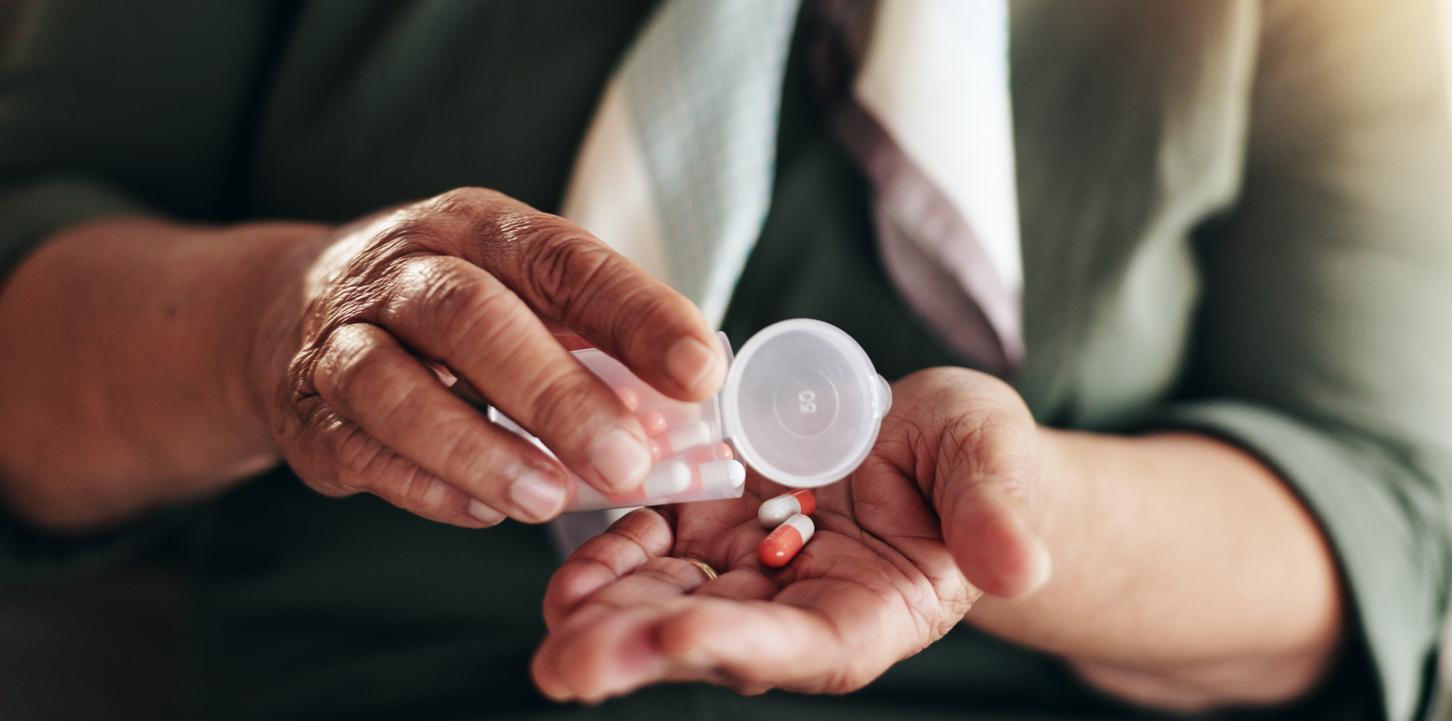Deep brain stimulation has long-term benefits for people with Parkinson’s disease.

- Parkinson’s disease is a progressive neurodegenerative disorder whose incidence is increasing in France.
- Researchers have demonstrated that deep brain stimulation of patients is beneficial 5 years after treatment administration.
- Deep brain stimulation is done using electrodes implanted in the brain and connected to a neurostimulator.
According to a new studydeep brain stimulation is beneficial in the long term for people with Parkinson’s disease.
“What are the long-term effects of deep brain stimulation of the subthalamic nucleus (STN-DBS) on quality of life, motor aspects and medication requirements in patients with advanced Parkinson’s disease ??”, write the authors of the new research at the start of their report. “Until now, there were no controlled studies on this subject with a follow-up of more than 3 years. they continue.
Parkinson’s: deep brain stimulation is beneficial 5 years later
To compensate for this lack of data, the scientists included in their research cohort 167 patients recruited from March 1, 2011 to May 31, 2017 in 3 European university centers. After 5 years of follow-up, the analysis of their medical data was carried out from September 2022 to January 2023.
“This non-randomized controlled trial of patients with advanced Parkinson’s disease found that after 5 years of follow-up, quality of life remained stable in the deep brain stimulation group and improved significantly. deteriorated in the group having received only the usual medications”, report the researchers. The quality of life of people who had been treated with deep brain stimulation was better “mainly due to the improvement in their mobility”, can also be read in the report.
Deep brain stimulation is done using electrodes implanted in the brain and connected to a neurostimulator.
“At present, the evaluations and adjustments of these treatments are essentially based on the information provided by the patient and on the clinical evaluations carried out during the consultation,” specifies the APHP.

1 in 50 French people will be affected by Parkinson’s disease
With 272,500 patients currently identified, 1 in 50 French people will be affected by Parkinson’s disease during their lifetime. The prevalence of this pathology is constantly increasing in our country, which has 2.5 times more patients than in 1990. “This phenomenon is essentially due to the aging of the population and probably to hormonal or environmental factors whose exact impact on the disease is not yet known,” specifies Jean-Louis Dufloux, president of the France Parkinson association.
Parkinson’s disease is a progressive neurodegenerative disorder with no cure.















